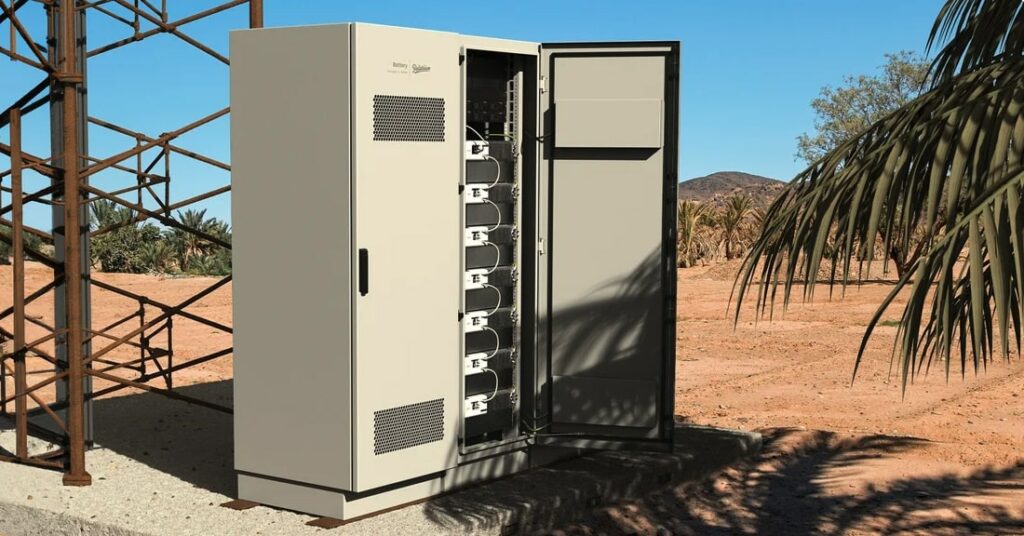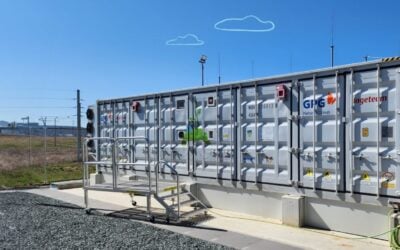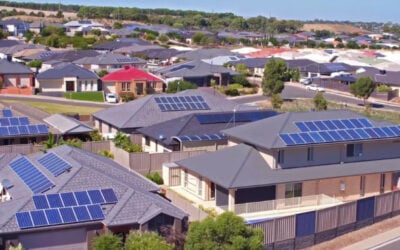
Sweden-headquartered ESS manufacturer Polarium has raised SEK562 million (US$48.3 million) and outlined its “three must-win battles” to become a leading player in the telecoms and commercial and industrial markets.
The funding for the energy storage system (ESS) manufacturer came primarily from existing shareholders, namely investor Vargas Holding and pension funds AMF and Alecta.
Enjoy 12 months of exclusive analysis
- Regular insight and analysis of the industry’s biggest developments
- In-depth interviews with the industry’s leading figures
- Annual digital subscription to the PV Tech Power journal
- Discounts on Solar Media’s portfolio of events, in-person and virtual
It will allow Polarium to “continue to deliver on our strategy, operational priorities and ultimately enable us to become a leading sustainable, fully integrated energy solutions provider,” a spokesperson said.
The company was founded in 2015 and is mainly targeting the telecommunications, commercial and industrial sectors, and has production facilities in Mexico, South Africa and Vietnam assembling ESS units using a range of lithium-ion battery chemistries.
It hit a US$1 billion-plus ‘unicorn’ valuation last year with an investment from AMF, as reported by Energy-Storage.news at the time.
To become a leading, sustainable integrated provider of energy solutions the company sees three must-win battles, a spokesperson explained.
“Establish a leading position as the preferred supplier for telecom customers in Europe, North America and Africa,” said the spokesperson. “Continue to expand our channel partnership ecosystem to ensure wide exposure to differentiated geographies and customer segments.”
“Prove the value add of our energy optimisation system across regions,” added the spokesperson. “If successful we believe that Polarium in the future will become an asset management company optimising the way our clients use energy.’
The telecommunications segment is becoming an attractive area for ESS projects in order to ensure backup power across complicated infrastructure networks. Telecoms firms in Finland and Germany have recently sought to use energy storage across their networks while another telecoms-focused ESS firm, Caban, completed a fundraise in January similar in size to Polarium’s recent one.
Asked what sets the company’s technology apart from its competitors, the spokesperson for Polarium added: “Polarium’s technology stands out due to its cutting-edge lithium-ion battery technology, modular design, comprehensive product range, energy efficiency, proprietary software integration, and versatility in applications. This combination positions Polarium as a leader in the energy storage and optimisation industry.”






